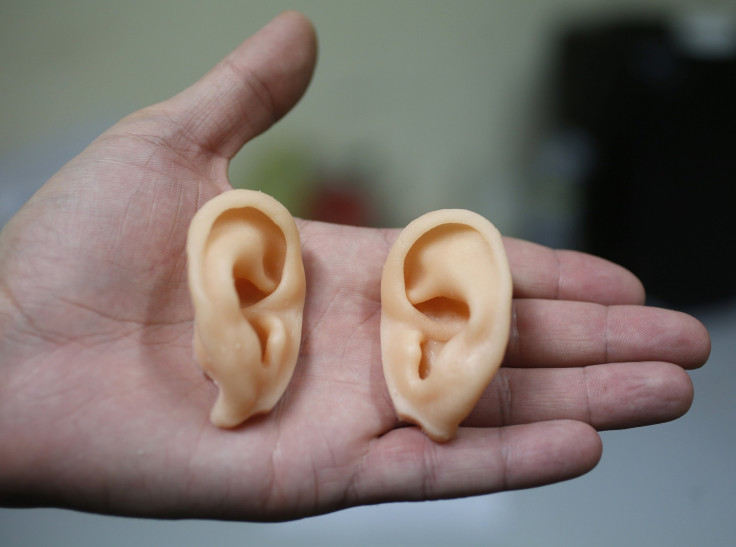How Imagination Makes Sense Of What Is Heard

A study from Karolinska Institutet in Sweden revealed that a person's imagination could affect one's view or experience of a certain event. The study, which appeared on Current Biology, provides new insight on "how our brains combine information from the different senses."
"We often think about the things we imagine and the things we perceive as being clearly dissociable," Christopher Berger, doctoral student at the Department of Neuroscience and the study's lead author, was quoted as saying by Science Daily.
"However, what this study shows is that our imagination of a sound or a shape changes how we perceive the world around us in the same way actually hearing that sound or seeing that shape does. Specifically, we found that what we imagine hearing can change what we actually see, and what we imagine seeing can change what we actually hear," he added.
In a study involving 96 healthy volunteers, researchers conducted several experiments to evaluate how sensory information from one sense could alter another's. The experiments found that one's own biases could affect his or her interpretation of what he or she hears — sounds that are either coming from objects or words from a person's mouth.
This primary reaction probably explains why some people find other sounds as something they'd listen to, or something that they'd rather tune out. But what make things even more interesting is when these sounds — or, rather, words — come in the form of stories, in which case people are most likely to listen to them attentively.
According to a study published in the journal NeuroImage, certain parts of the brain's sensory cortex or motor cortex light up if people hear a story about good food or one that is filled with adventures. "What scientists have come to realize in the last few years is that narratives activate many other parts of our brains as well, suggesting why the experience of reading can feel so alive. Words like 'lavender,' 'cinnamon' and 'soap,' for example, elicit a response not only from the language-processing areas of our brains, but also those devoted to dealing with smells," said a New York Times report.
Perhaps, this is why radio programs and podcast shows are so alluring to listeners. Podcasts have taken off with monthly listeners averaging at 75 million, data from the Washington Post revealed. Subscriptions alone have also reached to 1 billion. Audioboom (London AIM:BOOM), a company based on the United Kingdom, is one platform that hosts podcasts, including podcasts from the likes of British comedians Stephen Fry and Russell Brand. Brand's podcast is a favorite among listeners on the site, with the celebrity helping add some 200,000 users to the streaming platform's user base.
To contact the writer, email: vittoriohernandez@yahoo.com





















